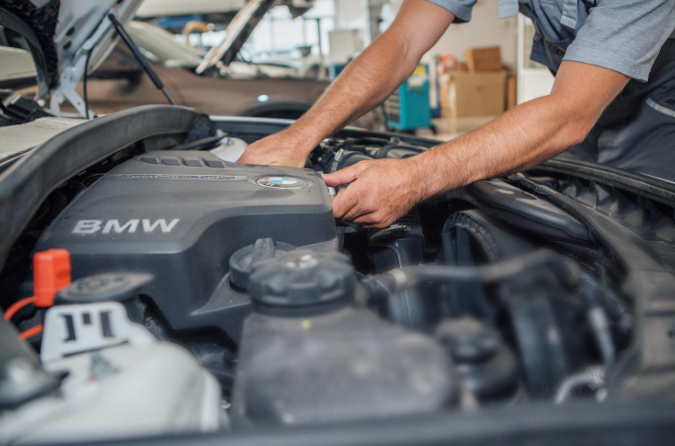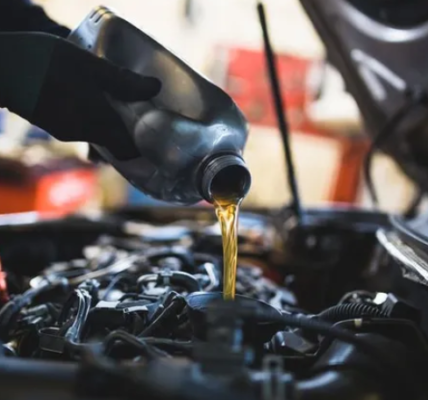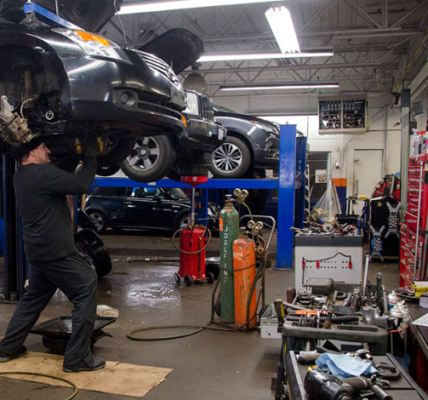BMWs are renowned for their performance, precision, and luxury. Owning one feels like a badge of honor—but let’s be real, maintaining and repairing a BMW comes with its challenges. From high-tech features to the specific requirements of German engineering, it’s not just any car—it’s a machine that demands care and attention. Whether you’re a long-time BMW owner or you’ve just bought your first one, here’s what you need to know about keeping your car running as smoothly as the day you drove it off the lot.
Understanding BMW Maintenance Needs
BMWs aren’t just cars; they’re precision-engineered machines. Because of this, they require specific tools, parts, and knowledge for repairs. Regular maintenance is crucial to prevent minor issues from snowballing into expensive repairs..
Here’s a breakdown of common BMW maintenance tasks:
- Oil Changes:
- BMW engines run best with synthetic oil, and the recommended interval is usually 7,500–10,000 miles.
- Always use BMW-approved oil to ensure optimal performance. Trust me, I learned the hard way when I tried to cheap out on oil—it wasn’t pretty.
- Brake System:
- BMWs are equipped with advanced braking systems, and worn brake pads can lead to poor performance or even damage to the rotors.
- Replace brake pads and inspect rotors every 30,000–50,000 miles.
- Cooling System:
- BMWs are known for cooling system issues, particularly with water pumps and thermostats. Regularly inspect these components to avoid overheating.
- Replace the coolant every 50,000 miles to prevent buildup and corrosion.
- Tires and Alignment:
- With BMW’s performance-focused design, tires can wear unevenly, especially on models with sport suspension.
- Rotate tires regularly and ensure proper alignment to maintain that signature handling.
Common BMW Repair Issues
Every car has its quirks, and BMWs are no exception. While they’re reliable overall, here are a few issues that tend to crop up:
- Electrical Problems:
- BMWs are packed with advanced tech, but all those electronics mean there’s more that can go wrong.
- Common issues include failing iDrive systems, malfunctioning sensors, and dashboard warning lights that won’t turn off.
- Oil Leaks:
- Leaking valve cover gaskets or oil pan gaskets are a frequent problem, especially in older BMWs. If you notice oil spots on your driveway, don’t ignore them.
- Suspension Wear:
- BMWs deliver a smooth ride, but components like control arms and bushings wear out faster due to the precision-tuned suspension.
- If your ride feels bumpier than usual or you hear clunking noises, it might be time for a suspension check.
- Timing Chain Issues:
- Some models, particularly the N20 and N26 engines, are notorious for timing chain failures. Regular inspection can save you from a catastrophic engine failure.
Why You Need a BMW Specialist
One of the first lessons I learned as a BMW owner is that not all mechanics are created equal. BMWs require specialized tools, diagnostics, and knowledge to service correctly. A general mechanic might get the job done, but a BMW-certified specialist will ensure it’s done right.
Here’s why a specialist is worth it:
- OEM Parts: BMW-certified mechanics use original equipment manufacturer (OEM) parts that fit perfectly and maintain performance.
- Diagnostic Tools: BMW-specific scanners (like ISTA or INPA) are essential for diagnosing issues accurately.
- Experience: Specialists understand common BMW quirks and know how to address them quickly and efficiently.
DIY vs. Professional Repairs
Some BMW maintenance tasks are DIY-friendly, while others are best left to the pros.
- DIY-Friendly:
- Replacing air filters.
- Oil changes (if you have the right tools and patience).
- Battery replacement (though you might need to reset the electronics).
- Leave to the Pros:
- Timing chain repairs.
- Suspension work.
- Electrical diagnostics and coding.
Before tackling a repair yourself, remember that BMWs often require specialized tools. For example, the oil filter cap requires a specific wrench, and resetting the service light after an oil change might need a scanner.
Cost of BMW Repairs
BMW repairs can be pricey, but they’re manageable if you stay on top of maintenance. Here’s a rough idea of what you might spend:
- Oil Change: $100–$200.
- Brake Pads and Rotors (per axle): $500–$1,000.
- Coolant System Repairs: $300–$800.
- Timing Chain Replacement: $1,500–$3,000.
Preventative maintenance is key to avoiding these larger expenses. Skipping a $200 oil change now can lead to a $5,000 engine repair later.
Extending the Life of Your BMW
To get the most out of your BMW, follow these tips:
- Stick to the Maintenance Schedule: Your owner’s manual is your best friend. Follow it religiously.
- Use Quality Parts: BMWs don’t respond well to cheap aftermarket parts. Invest in quality to avoid headaches down the road.
- Drive Smart: Aggressive driving wears out components faster. Smooth, consistent driving helps your car last longer.
- Monitor Warning Lights: BMWs are great at letting you know when something’s wrong. Don’t ignore those dashboard alerts!
The Bottom Line
Owning a BMW is like being in a relationship—it requires effort, patience, and sometimes, a little extra cash. But with regular maintenance, a good mechanic, and some TLC, your BMW will reward you with years of driving pleasure.
Remember, the key to keeping your Ultimate Driving Machine in top shape is proactive care. Don’t wait for problems to arise—stay ahead of the curve, and your BMW will keep turning heads and carving corners for miles to come.








